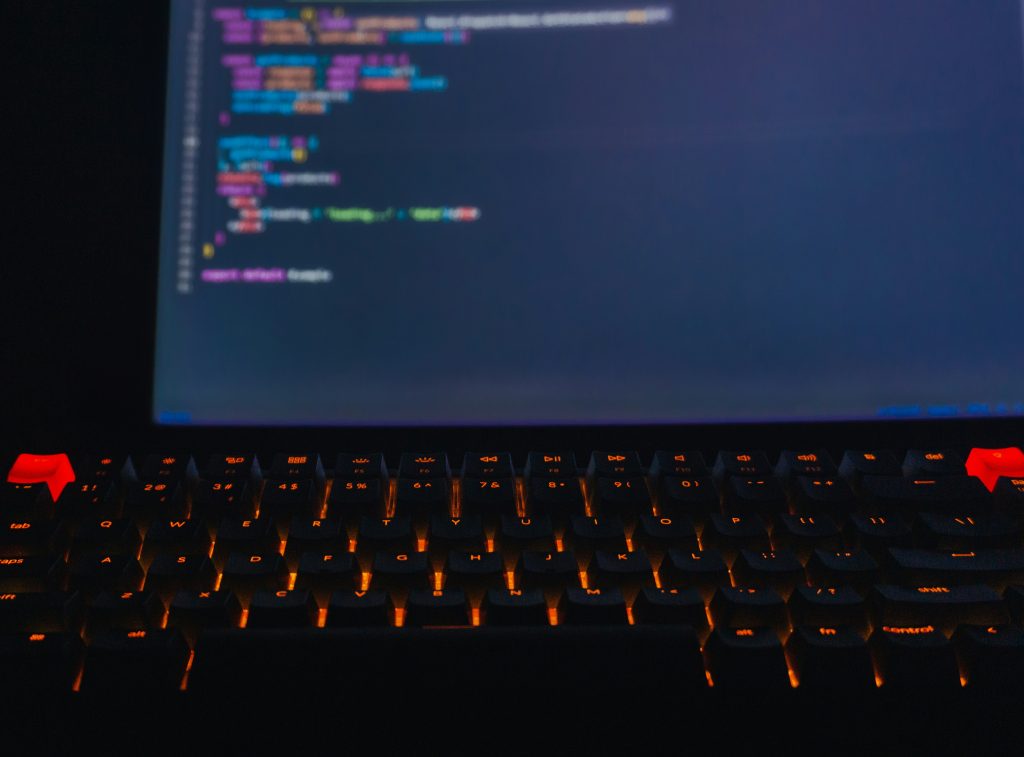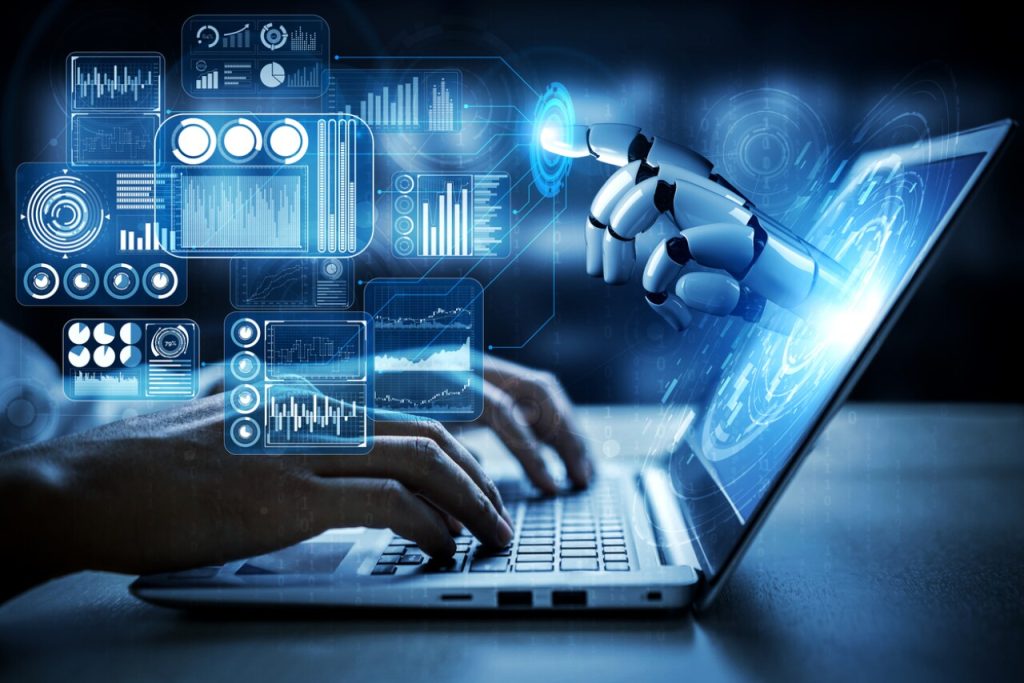We find ourselves immersed in an increasingly digitalized landscape, where technology permeates every facet of our existence. However, pausing to reflect leads us to a fundamental question: did this profound digital transformation emerge from nowhere or did it evolve spontaneously? Could we naively believe that a mere machine, devoid of human vision and creativity, was the sole architect of the sophisticated tools we consider indispensable today?
The astonishing technology we enjoy today would not have been able to flourish or reach its current level of sophistication without the crucial and constant intervention of human ingenuity. Behind every complex algorithm, every interface, every line of code, lie the brilliant minds of passionate individuals. These people, with their unique capacity for abstraction, logic, and problem-solving, have been the true architects of this digital world. Their dedication and effort have been driven by the optimization of countless aspects that shape our reality: from the way we live and communicate, to the advances that drive technology, the dynamics of politics, the understanding of our historical studies, and much more.
Along this complex path, a crucial question arises: Is the decision to embark on the study of programming still valid in this contemporary era, marked by rapid technological advances? The answer resonates with undeniable clarity: absolutely yes! Programming is not simply a career; it is a gateway to a universe of possibilities, a discipline that promises vast horizons and significant opportunities. It is true that tools like GitHub Copilot and ChatGPT-4 have demonstrated a surprising ability to generate functional code in various programming languages from simple natural language instructions. However, it is vital to ask ourselves: who are the ones making these requests, who are defining the parameters and objectives that these tools must achieve? The answer once again connects us to the current and future generation of programmers, individuals dedicated to conceiving, developing, and perfecting all the digital services that support their companies’ ambitious projects.
Therefore, if you have ever wondered whether artificial intelligence and the impressive technological advances we are witnessing today could represent an obstacle to entering the fascinating and multifaceted world of programming, let me assure you that the reality is diametrically opposite. Quite the opposite! These tools are not rivals, but powerful allies. I invite you to feel even more motivated, to embrace these innovations, and to use them as springboards to further expand your ideas and take your developments to new heights for the benefit of the entire world. The symbiosis between human and artificial intelligence is not a threat, but an unprecedented opportunity for creation and innovation.


